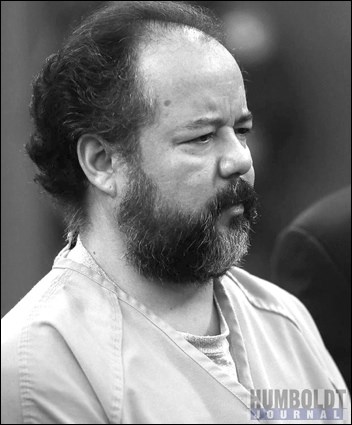Compared to Canadian law, Ariel Castro's sentence of more than 1000 years may be deemed unnecessarily excessive, but not impossible.
According to an amendment to the criminal sentencing laws in 2011, judges have been granted the ability to hand out consecutive life sentences for individuals convicted of more than one murder.
"It's officially law, but it doesn't make sense conceptually except in terms of consecutive parole ineligibility periods," said John Will, a defense lawyer with Behiel, Will & Biemans.
What Will is saying is that prior to the amendment, criminals convicted of multiple murder charges could receive multiple concurrent life sentences at most. This would mean that they would be in prison for life, but are allowed to apply for parole after 25 years.
"What people don't usually understand is that these people aren't immediately released after 25 years," said Will. "They're only allowed to apply for parole, which can be rejected."
Subsequent to the Bill C-48 amendment, any criminal that receives consecutive sentences can only apply for parole after the minimum periods of parole ineligibility of all sentences are completed.
"Theoretically, if a criminal is convicted of four first degree murders and given four consecutive life sentences, they wouldn't be able to apply for parole until after 75 years has passed," said Will.
Therefore, an individual convicted of multiple murders may have to complete a minimum of 25 years for each life sentence before he or she can apply for parole, or at least two thirds of the total amount of parole ineligibility handed down.
Since the amendment, the only person to receive consecutive life sentences was Travis Baumgartner. Baumgartner shot four crewmates during an armoured car heist in June 2012. He was convicted of one count of first-degree murder, two counts of second-degree murder and one charge of attempted murder. His consecutive sentencing means he cannot apply for parole for 40 years.
"The idea for the amendment was to show that there would be more serious penalties for someone who commits four murders as opposed to someone who commits only one," said Will.
One of the reasons consecutive sentencing in the U.S. and concurrent sentencing in Canada was applied was to ensure incarceration. If one or more of the sentences were dismissed in an appeal, the remaining sentences would still hold.
Had Castro not committed suicide a month into his sentence, he would have been staring at cell bars for the remainder of his life without a chance of parole.

.png;w=120;h=80;mode=crop)

.png;w=120;h=80;mode=crop)
